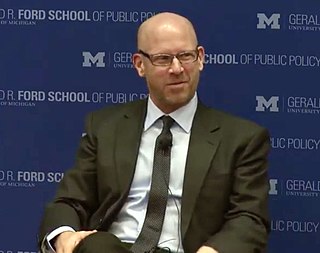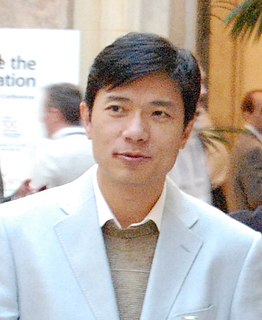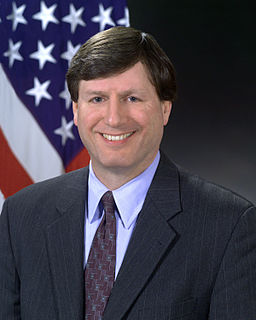A Quote by Chris Shipley
There's a belief that whatever it is I'm looking for is out there, but I have a really difficult time finding it. Search algorithms alone are falling short in being able to provide real context around information.
Related Quotes
Mental illness is a real thing. It has real material consequences for people who suffer from it and at the time even the most biological finding reflects social context in very important ways, and so I think psychiatry is better off looking both at biology and at social context and really trying to think of the relationship between these and I think doctors and patients are better off that way.
It's difficult to make your clients understand that there are certain days that the market will go up or down 2%, and it's basically driven by algorithms talking to algorithms. There's no real rhyme or reason for that. So it's difficult. We just try to preach long-term investing and staying the course.
There are a lot of sources of information out there, so why don't you curate for yourself a list, like a real timeline of information, like the New York Times, or JetBlue, or your friends, or this comedian, or this guy who pretends to be a cat, or whatever it is, whatever entertains you, whatever you find useful.





































